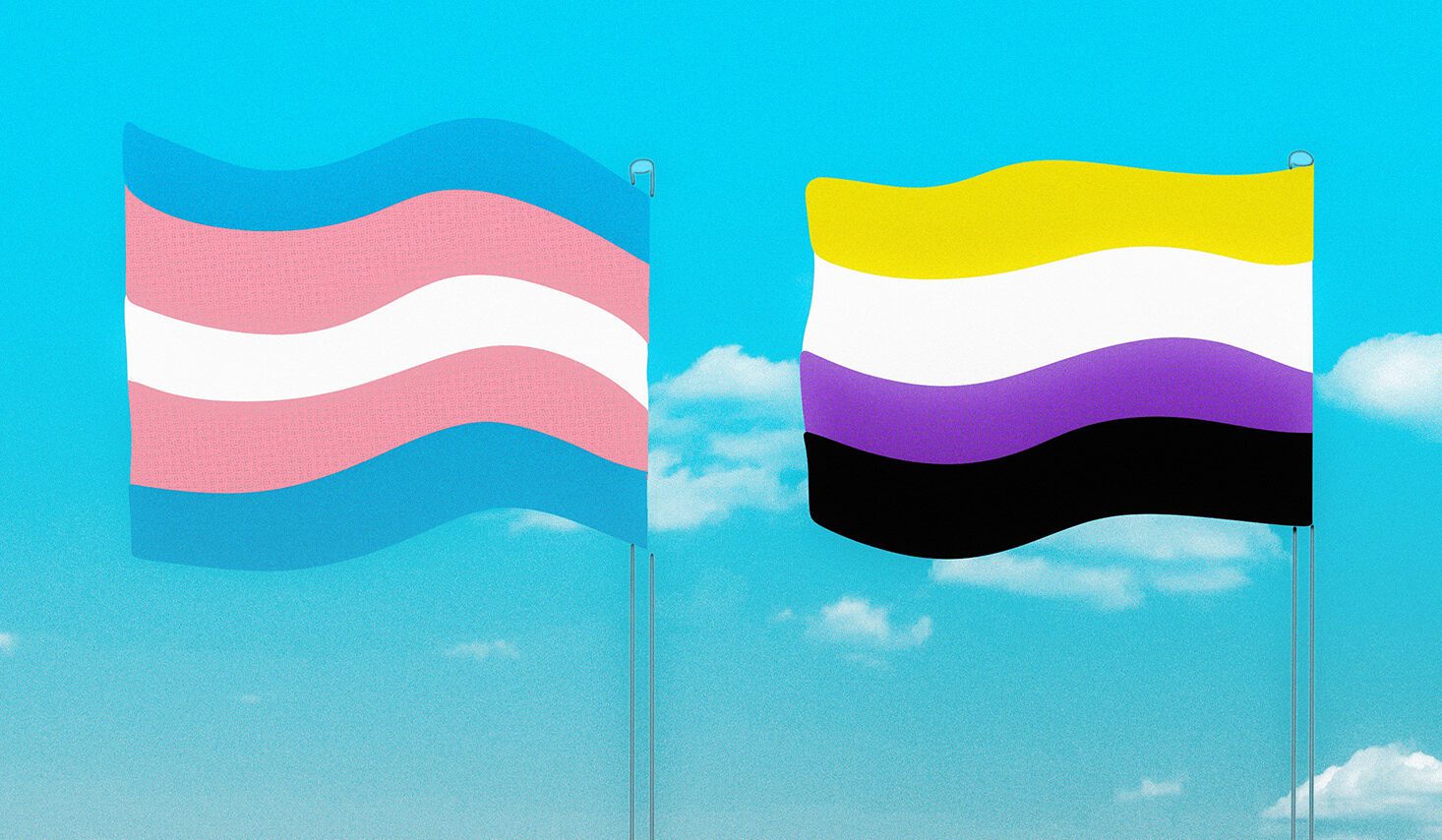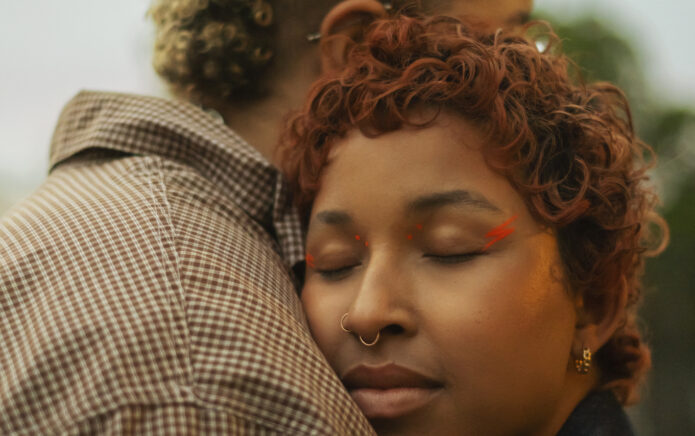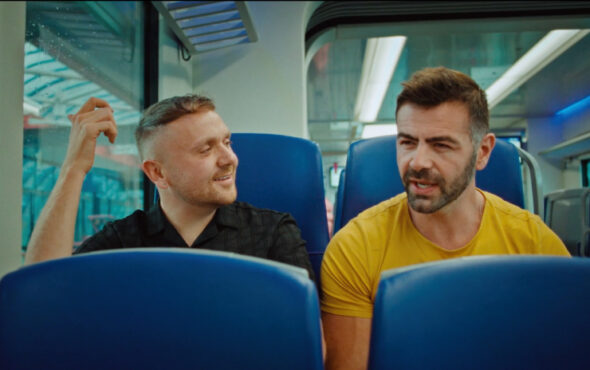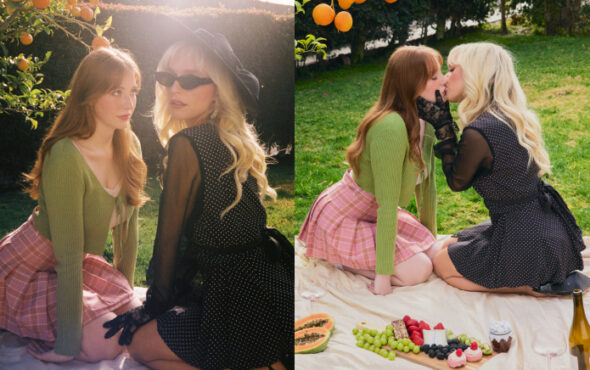
If I had a pound for every time I told someone that I use they/them pronouns, my coffee shop habit would be funded for life. If I got a bonus pound for every time someone got my pronouns wrong, I’d be well on my way to the purchase of an industrial espresso machine.
Misgendering – others describing you with gendered language that doesn’t fit – is part of most transgender and non-binary people’s lives. Whether it comes deliberately from people who don’t accept us for who we are, in passing from strangers who make a subconscious assumption, or from well-intentioned people who struggle to kick the habit, it can be demoralising, especially when it happens often or for a long time.
Despite pronouns taking up a fair bit of space in discussions about trans identities and allyship, many people still struggle to change the words they use. This begs the question: what are we missing?
This Trans Awareness Week, I want to consider pronouns and misgendering in a different light, and give some practical advice and context to help you, or those around you, adjust to new language and advocate for others to do the same.
The concept of sharing your pronouns, of asking for the gendered language that fits you best, is a relatively new concept. We are raised to treat assigning pronouns as the responsibility of the speaker: “He looks like a boy, so I’ll use ‘he’; she looks like a girl, so I’ll use ‘she’”. During childhood, we learn what characteristics make someone a boy or a girl, and we unconsciously filter everyone we meet into one box or the other. We do this in a split second, noticing things like body shape, clothing, and mannerisms, and categorising accordingly. The human tendency to classify people and objects is an adaptation: it’s our brains allowing us to function more efficiently in a complex world.
But, when it comes to gender, our mental short-cuts leave something to be desired.
So, when our identities fall outside of what’s expected, we ask, when we feel safe to, that folks retire their assumptions, and let us be the authority on who we are.
Compared to what many trans and non-binary people go through, my coming out in 2021 was pretty smooth. My mum, for example, gradually learnt what my identity meant, and was a they/them aficionado within 18 months or so. Her respect for me has been unwavering – even when she didn’t quite understand. She took a while to replace the language she had always used for me, but she got there through the reliable combination of time and effort.
Earlier on in my journey, I felt ill-equipped to navigate misgendering. I felt too uncomfortable to raise it with people I didn’t know well, and too frustrated to discuss it usefully when those I knew best got it wrong.
Trans and non-binary people are often framed as being demanding when we ask for even the smallest change. And, desperate not to be seen as needy, I kept shrinking my request to make it seem manageable to others: “Just use they/them, it’s easy!” I often see that idea reflected in mainstream media – the idea that changing the words we use isn’t hard. Don’t get me wrong, it’s by no means impossible, but if it was universally easy, accidental misgendering wouldn’t be as pervasive in so many of our lives.
Reflecting on this has led me to a conclusion I’m surprised hadn’t been more obvious before: a language change is a habit change. And habit changes? They’re often pretty challenging.
Our brains love to stick to what they know, and whether the habit is the time you go to bed, or your best friend’s pronouns, simply intending to change our actions rarely gets us anywhere. A language shift often requires deliberate practice, and you might need to reflect on why you’re slipping up, and how those mental shortcuts are manifesting.
The truth is that changing the language we use can take work, especially if it’s not something we’re used to doing. I think that accepting this helps everyone: it lets us trans and non-binary people know that we deserve respect, even if it takes effort, and it helps open up conversations about how to do better.
Tallulah volunteers as an ambassador for Just Like Us, the LGBTQIA+ young people’s charity. LGBTQIA+ and aged 18 to 25? Sign up here!



